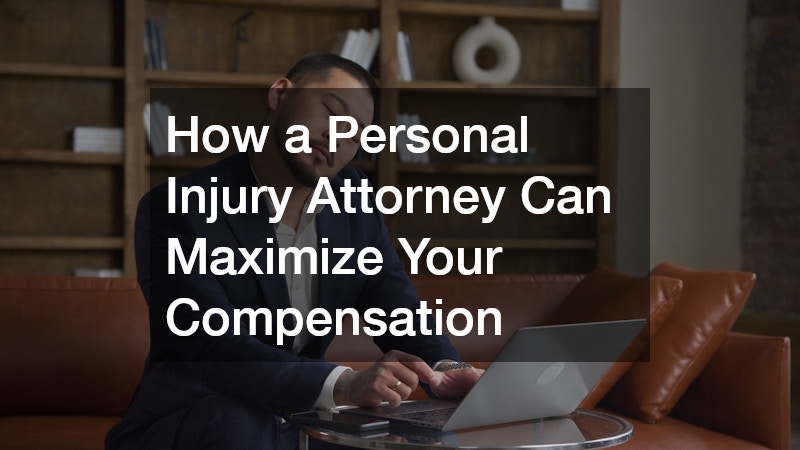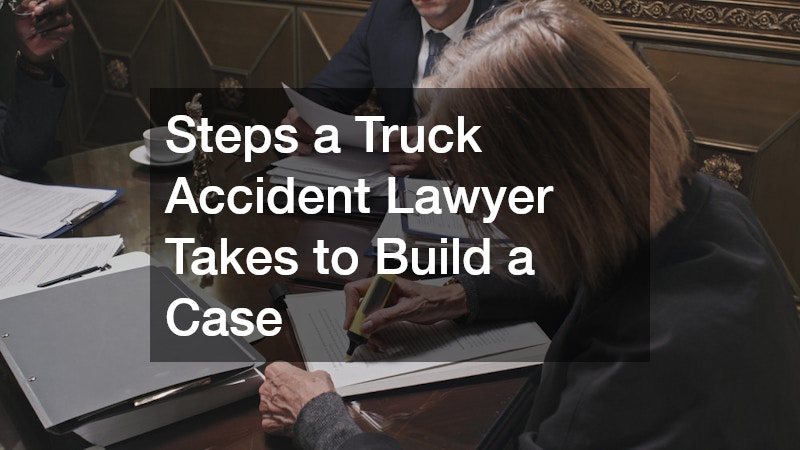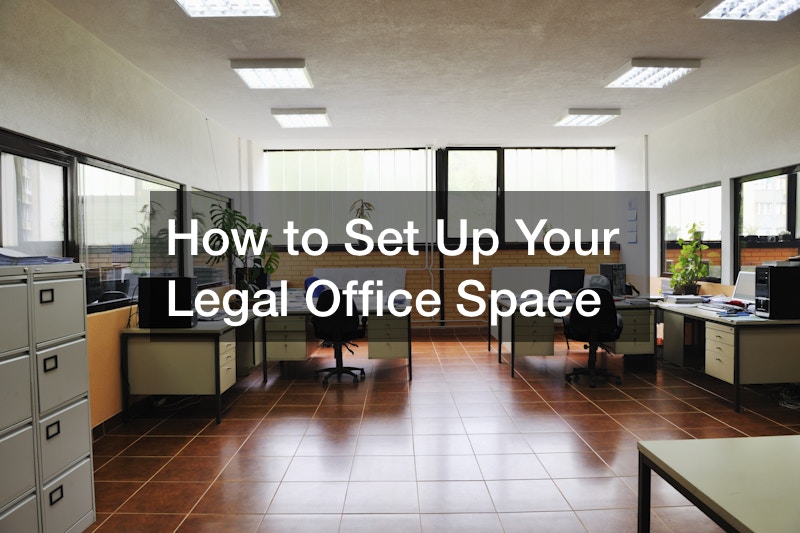Accidents can happen in the blink of an eye, leaving behind not just physical pain but emotional distress, financial challenges, and uncertainty about the future. Whether it’s a car crash, slip and fall, or workplace injury, knowing how to protect your rights after an accident can make all the difference in your recovery. Many people find themselves overwhelmed by medical bills, insurance paperwork, and lost income—when all they really want is to heal. This guide walks you through the essential steps to take after an accident, how to handle insurance companies, and when to seek professional help to ensure you get the compensation you deserve.
Take Immediate Action After the Accident
The moments following an accident are often filled with confusion and panic. However, the actions you take right after can greatly impact your ability to recover physically and financially.
First and foremost, seek medical attention—even if your injuries seem minor. Some symptoms don’t appear right away, and a professional evaluation can provide crucial documentation for your claim later.
If you’re able, gather as much evidence as possible at the scene. Take photos of the area, your injuries, and any damaged property. Exchange contact and insurance information with all parties involved and collect contact details for witnesses. Reporting the incident promptly to the authorities or your employer (in the case of workplace injuries) ensures there’s an official record of what happened.
Lastly, avoid making statements about fault or apologizing at the scene. Even casual remarks can be misinterpreted and used against you later during settlement negotiations or court proceedings.
Document Everything for a Stronger Claim
Once the immediate chaos has settled, start documenting everything related to the accident and your recovery. Keep a folder or digital file containing all medical records, doctor’s notes, prescriptions, and receipts for expenses such as transportation to medical appointments or physical therapy.
It’s also helpful to maintain a personal journal detailing your recovery process. Note how you feel each day, any pain you experience, and how the injury affects your ability to work or participate in everyday activities. These personal accounts can serve as powerful evidence of how the accident has impacted your life.
If you’re dealing with an insurance company, record every interaction. Note dates, names, and what was discussed. Insurance adjusters often attempt to minimize payouts, so having a detailed record ensures you’re not caught off guard by discrepancies later.
Being organized and thorough not only strengthens your claim but also reduces stress—allowing you to focus on healing instead of worrying about paperwork.
Know How to Deal With Insurance Companies
Insurance companies are in business to protect their profits, not necessarily to ensure you receive full compensation. They may contact you soon after an accident, appearing helpful and sympathetic. However, their primary goal is to settle your claim as quickly and cheaply as possible.
Never rush into signing a settlement offer. Early offers often don’t account for long-term medical costs, lost future wages, or ongoing therapy. Once you sign, you typically give up your right to pursue further compensation, even if your condition worsens.
If you’re unsure how to navigate these negotiations or feel pressured by adjusters, this is often the moment when hiring a personal injury attorney makes sense. A skilled lawyer understands the tactics insurers use and knows how to counter them effectively. They can calculate the true value of your claim, gather the necessary evidence, and handle all communications with the insurance company on your behalf—giving you peace of mind during a stressful time.
When and Why to Consult a Professional
While minor accidents with minimal injuries may be handled independently, more serious situations require expert legal support. If you’ve suffered significant injuries, face ongoing medical treatments, or suspect another party’s negligence caused your accident, consulting with a personal injury attorney can be a game-changer.
An experienced attorney can help you determine whether you have a valid case, identify all liable parties, and ensure no deadlines are missed. In many jurisdictions, there’s a statute of limitations that limits how long you have to file a claim. Missing that deadline can mean losing your right to seek compensation entirely.
Furthermore, a knowledgeable lawyer has access to resources like accident reconstruction experts, medical specialists, and investigators who can strengthen your case. They also understand how to negotiate effectively with insurance companies and, if necessary, represent you in court.
Most importantly, working with a personal injury attorney allows you to focus on recovery instead of battling red tape. Many operate on a contingency basis, meaning they only get paid if you win your case. This arrangement ensures your attorney is fully invested in securing the best possible outcome for you.
Recovering after an accident is more than just healing your body—it’s about regaining stability, peace of mind, and control over your life. Taking immediate action, documenting every detail, and being cautious when dealing with insurance companies are crucial steps toward achieving a fair outcome.
While the process may seem daunting, you don’t have to face it alone. Seeking the right legal guidance can make the journey smoother and more successful. With professional support and a clear understanding of your rights, you can move forward with confidence, knowing that your recovery—both physical and financial—is on solid ground.





